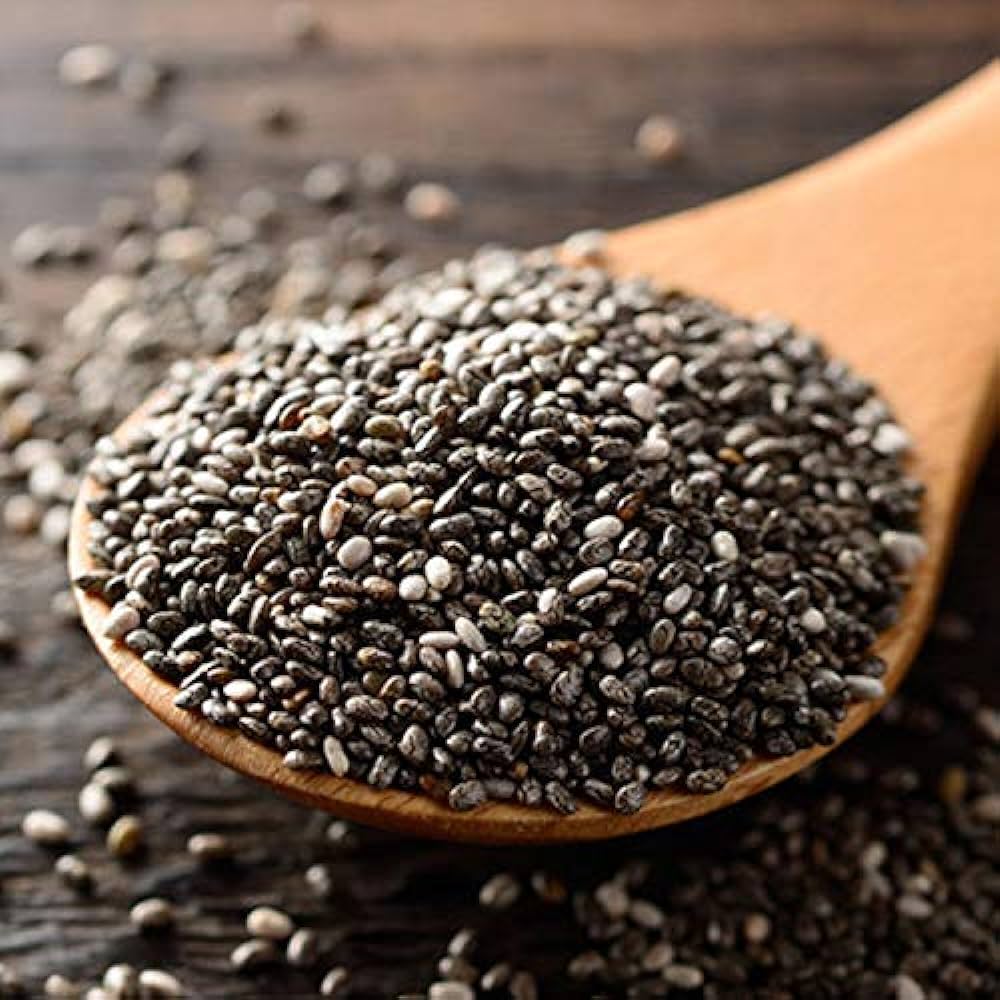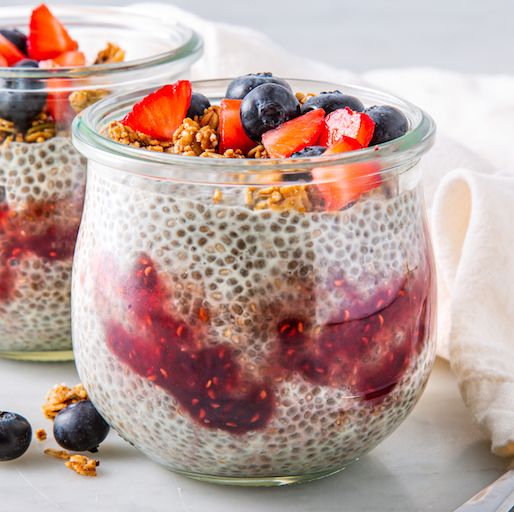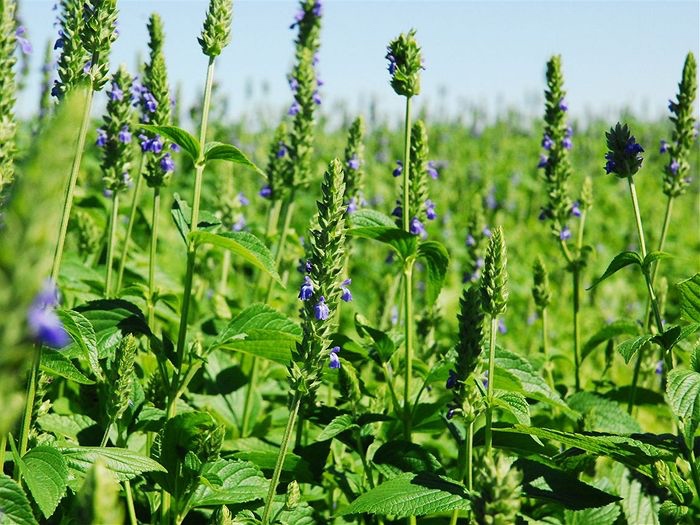
In recent years, organic chia seeds have surged in popularity as a superfood, hailed for their numerous health benefits and versatility in the kitchen. From chia pudding to smoothie bowls, these tiny seeds pack a punch when it comes to nutrition and culinary creativity. Let’s delve into what makes organic chia seeds so special, their origins, and how they can benefit our digestive health.
1. Organic Chia Seeds: Nature’s Nutrient-Rich Gems

Organic chia seeds are cultivated without the use of synthetic pesticides or fertilizers, ensuring that they remain free from harmful chemicals and retain their natural integrity. Rich in essential nutrients such as omega-3 fatty acids, fiber, protein, vitamins, and minerals, chia seeds are a nutritional powerhouse that can support overall health and well-being.
2. Chia Food: Exploring Culinary Creativity

Chia seeds are incredibly versatile and can be incorporated into a wide range of dishes. Whether sprinkled on top of yogurt, blended into smoothies, or used as a thickening agent in baking, chia seeds add a nutritious boost to any meal. One popular way to enjoy chia seeds is by making chia pudding, a simple and delicious treat that can be customized with various toppings and flavors to suit individual preferences.
3. The Source: What Plant do Chia Seeds Come From?

Chia seeds are derived from the Salvia hispanica plant, a member of the mint family native to Central and South America. Historically, chia seeds were a staple food in the diets of ancient civilizations such as the Aztecs and Mayans, who valued them for their energy-boosting properties and nutritional benefits. Today, chia seeds are cultivated worldwide and prized for their impressive nutrient profile and culinary versatility.
4. Chia Seeds and Digestion: Supporting Gut Health
One of the key benefits of chia seeds is their high fiber content, which can promote healthy digestion and regularity. When consumed, chia seeds absorb liquid and form a gel-like substance in the digestive tract, which helps to bulk up stools and facilitate smooth bowel movements. Additionally, the soluble fiber in chia seeds acts as a prebiotic, feeding beneficial bacteria in the gut and promoting a healthy microbial balance.
Health Benefits of Chia Seeds
Chia seeds, derived from the Salvia hispanica plant, have gained widespread recognition as a nutritional powerhouse packed with essential nutrients. Beyond their versatility in the kitchen, chia seeds offer a plethora of health benefits that contribute to overall well-being. Let’s explore some of the key advantages of incorporating chia seeds into your diet:
1. Rich in Nutrients: Despite their small size, chia seeds are loaded with essential nutrients. They are an excellent source of omega-3 fatty acids, fiber, protein, vitamins, and minerals, including calcium, magnesium, and phosphorus. These nutrients play vital roles in supporting various bodily functions, from heart health to bone strength.
2. Heart Health: Chia seeds are renowned for their heart-healthy properties, thanks to their high content of omega-3 fatty acids. These healthy fats can help lower cholesterol levels, reduce inflammation, and support cardiovascular function, ultimately lowering the risk of heart disease and stroke.
3. Weight Management: The soluble fiber found in chia seeds absorbs water and forms a gel-like substance in the digestive tract, which can help promote feelings of fullness and satiety. Incorporating chia seeds into meals may aid in weight management by curbing appetite and reducing overall calorie intake.
4. Digestive Health: Chia seeds are an excellent source of dietary fiber, with just one ounce providing a significant portion of the recommended daily intake. Fiber is essential for maintaining digestive health, as it helps regulate bowel movements, prevent constipation, and support a healthy gut microbiome.
5. Blood Sugar Regulation: The combination of fiber, protein, and healthy fats in chia seeds can help stabilize blood sugar levels and prevent spikes and crashes in energy. This makes chia seeds particularly beneficial for individuals with diabetes or those looking to manage blood sugar levels as part of a balanced diet.
6. Bone Health: Chia seeds are rich in calcium, magnesium, and phosphorus, which are crucial minerals for maintaining strong and healthy bones. Incorporating chia seeds into your diet can help support bone density and reduce the risk of osteoporosis and bone fractures, especially as you age.
7. Antioxidant Properties: Chia seeds contain antioxidants, including chlorogenic acid, caffeic acid, and quercetin, which help protect cells from oxidative damage caused by free radicals. By scavenging free radicals and reducing oxidative stress, chia seeds may help lower the risk of chronic diseases and promote overall longevity.
Conclusion
Organic chia seeds are a nutritional powerhouse that can support overall health and well-being. From their origins as a staple food in ancient civilizations to their modern-day popularity as a superfood, chia seeds continue to captivate the interest of health-conscious consumers around the globe. Whether enjoyed as a delicious topping, added to recipes for an extra nutritional boost, or simply eaten on their own, chia seeds offer a convenient and delicious way to enhance our diets and promote digestive health.
